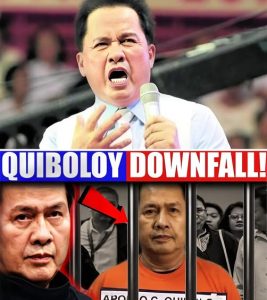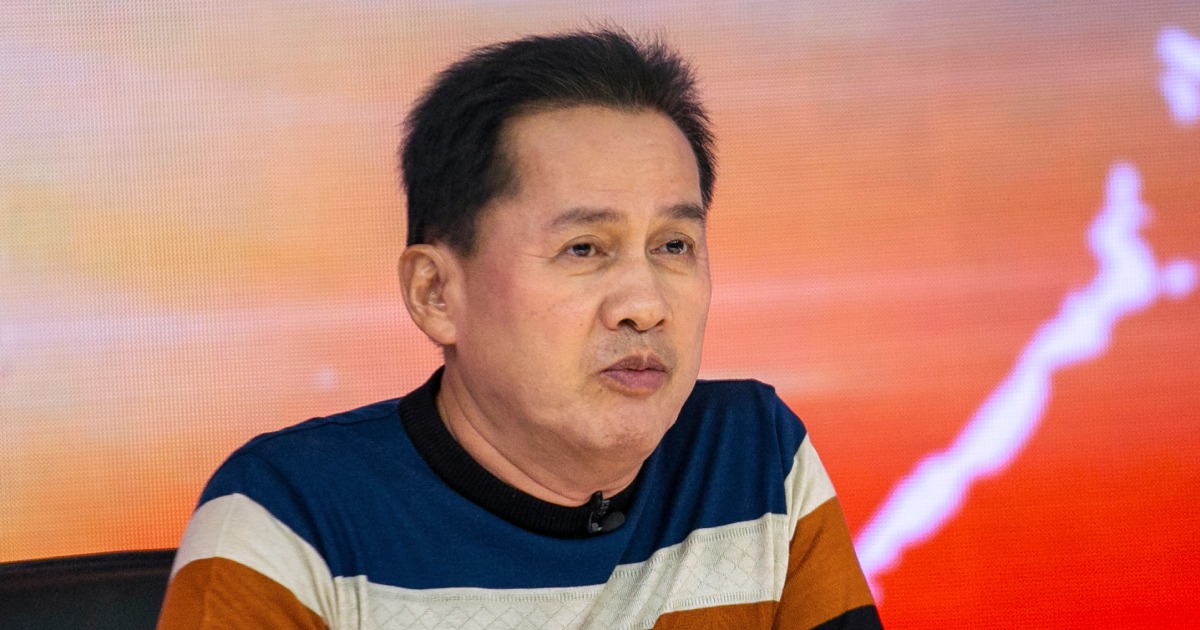The Satisfying Rise and Fall of Pastor Quiboloy

For decades, Pastor Apollo Quiboloy stood as one of the most powerful and controversial religious figures in the Philippines. Declaring himself “The Appointed Son of God,” he amassed a loyal following, built a religious empire, and expanded his influence into media, politics, and global evangelical circles. But as of recent years, his empire has begun to crumble—and for many watching from the sidelines, the unraveling of his kingdom feels not only dramatic but deeply satisfying.
Quiboloy’s rise was nothing short of astonishing. In the 1980s, he founded the Kingdom of Jesus Christ (KJC), a church that began in Davao City and later grew into a sprawling international movement with millions of followers worldwide. His claim of divine anointment set him apart from other pastors. To his supporters, he was a spiritual leader chosen by God. To critics, he was a self-proclaimed messiah using fear, control, and charisma to build a cult-like empire.

By the 2000s, Quiboloy was no longer just a church leader—he had become a political force. His close ties with influential politicians, including former President Rodrigo Duterte, elevated his reach. His television network, Sonshine Media Network International (SMNI), became a powerful platform to promote both religious teachings and political agendas. Through this, he projected an image of unshakable authority and divine legitimacy.
Yet behind the stage lights and sermons, a darker picture was forming.
Former members began to speak out, recounting stories of abuse, financial manipulation, and emotional control. Some described years of silence, fear, and isolation inside the walls of the church. While whistleblowers were initially ignored or silenced by the overwhelming presence of the church and its legal team, the tide slowly began to turn.
In 2021, the U.S. Federal Bureau of Investigation (FBI) issued a warrant for Quiboloy’s arrest on charges of sex trafficking, bulk cash smuggling, and conspiracy. Several young women, including former church members, accused him and his inner circle of coercing them into sexual acts under the guise of religious obedience. The charges rocked the KJC foundation, and for the first time, Quiboloy’s name was tied to international criminal investigations.
Despite denying all allegations and claiming he was a victim of religious persecution, the pressure mounted. Travel restrictions, asset freezes, and mounting lawsuits plagued the once untouchable religious leader. His television programs became more defensive and erratic, as he warned of divine punishment for his enemies and insisted he was being crucified like Christ.

As the walls closed in, many of his closest allies began to distance themselves. Former political supporters went silent. Media platforms came under scrutiny for giving him airtime. Activists and human rights groups that had long criticized his influence now found support from mainstream sectors calling for accountability.
Back in Davao, some of his most loyal followers still defend him, believing that the accusations are fabricated attacks by the devil and his enemies. But even among the faithful, cracks have appeared. Attendance in KJC gatherings has dwindled, and new converts have become rare. The sense of invincibility that once surrounded Pastor Quiboloy has vanished.
To those who long criticized his reign, this downfall feels like justice long delayed. For victims who waited years to be heard, his fall is a symbol of hope—that no man, no matter how powerful, is beyond accountability. For others, it is a cautionary tale of blind faith, unchecked power, and the danger of religious leaders who claim divinity.
The story of Pastor Apollo Quiboloy is not just one of rise and fall—it is a mirror reflecting the tensions between faith and fanaticism, devotion and manipulation, leadership and abuse. His legacy is now stained by allegations that may never be forgotten, no matter what courts decide.
And while he still preaches to those who remain loyal, the world around him is changing. His name, once whispered with reverence by followers, is now uttered in courtrooms, headlines, and investigative reports. The fall, as dramatic as the rise, has become a symbol. Not just of a man brought down—but of a public finally asking the right questions about the people they follow, and the power they’re willing to surrender.